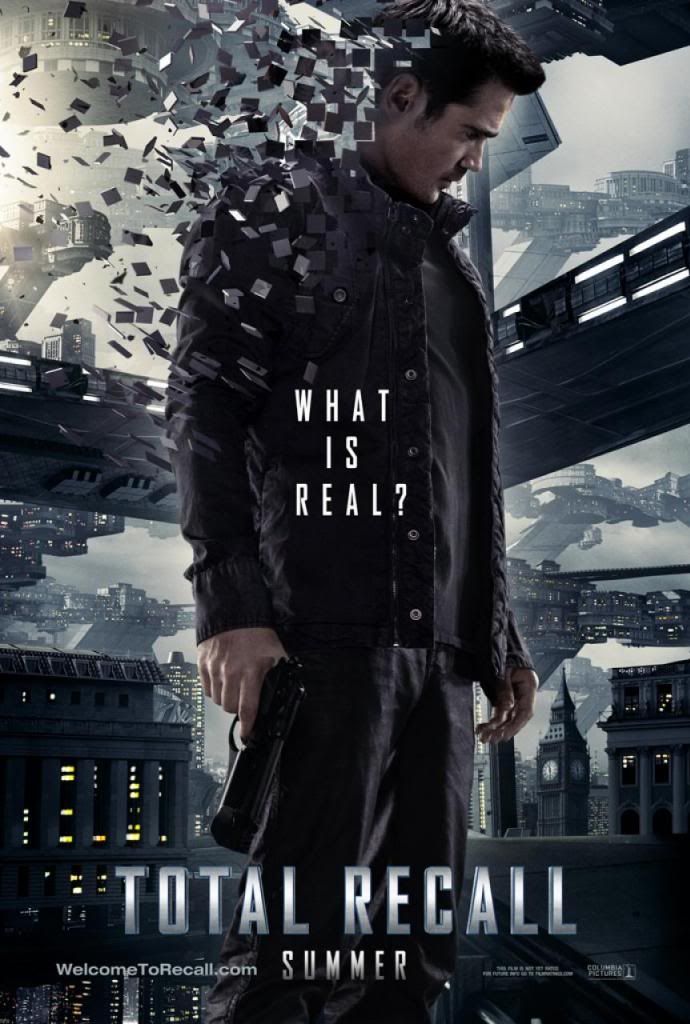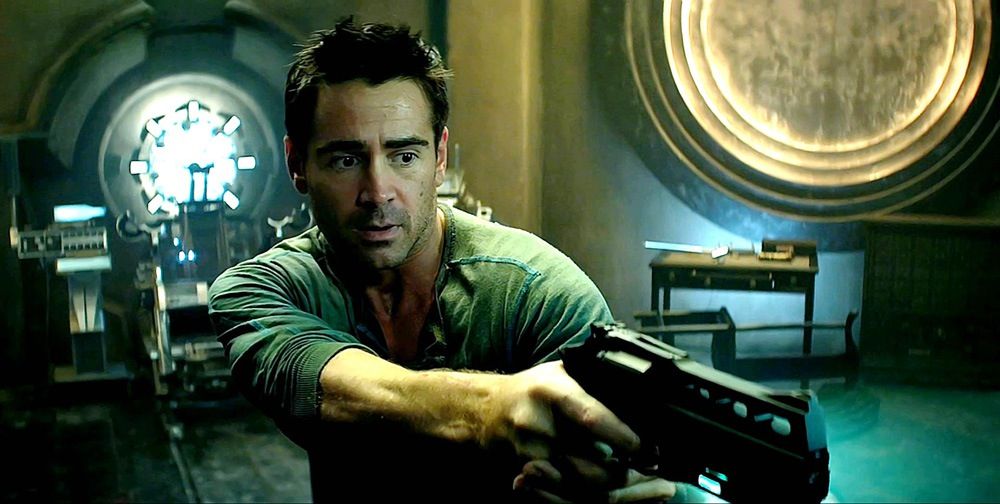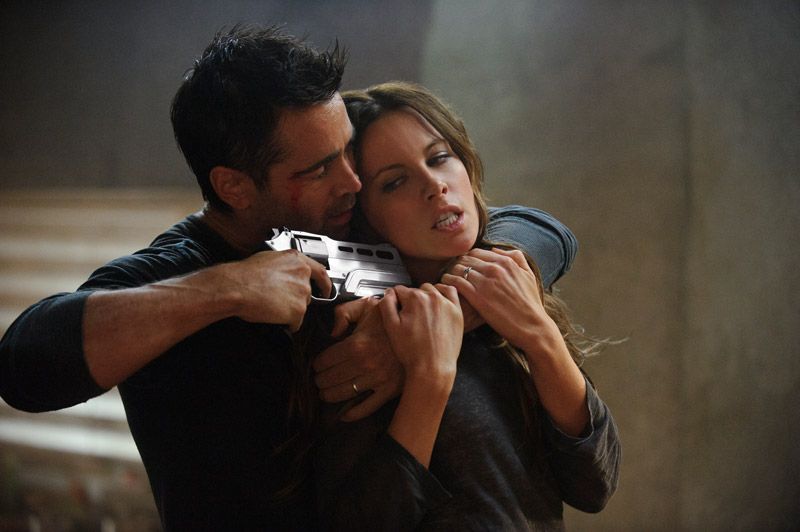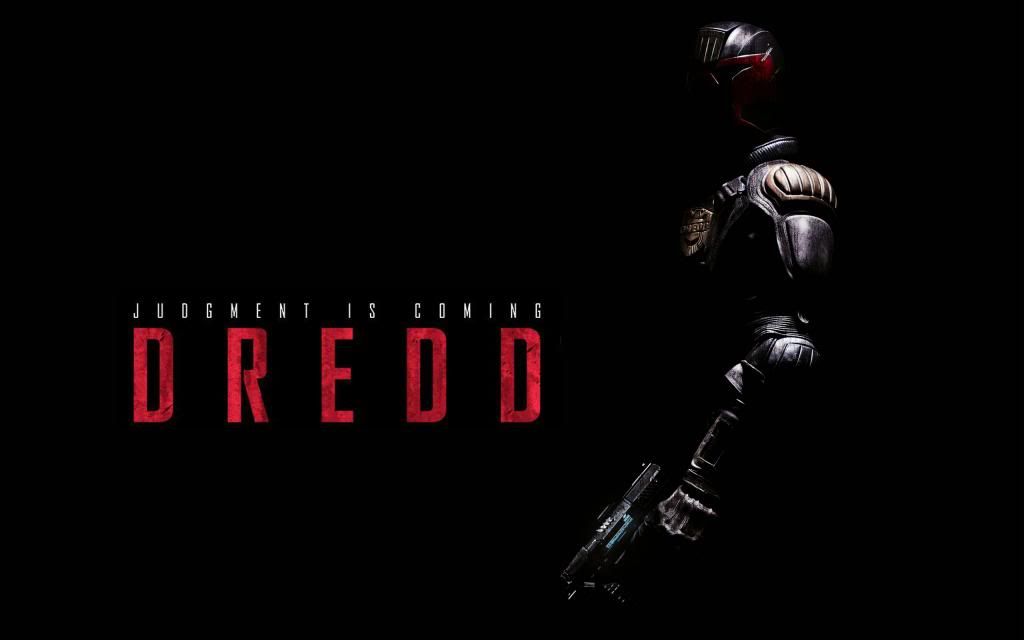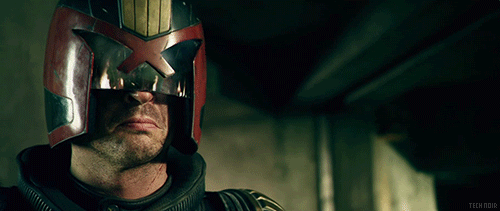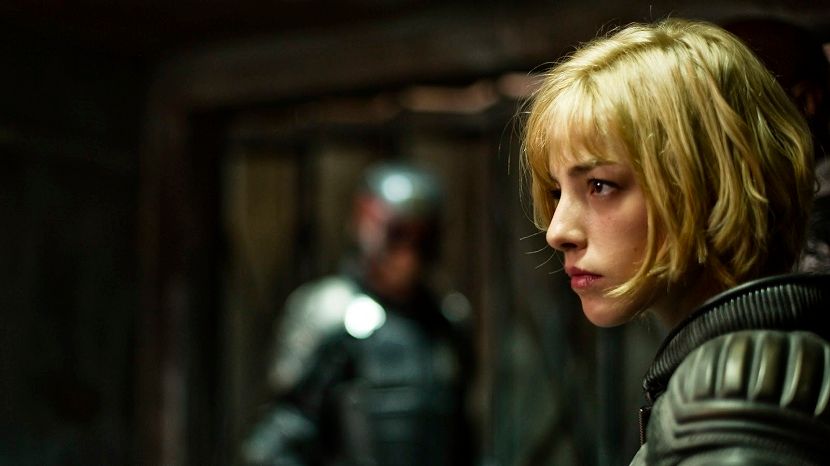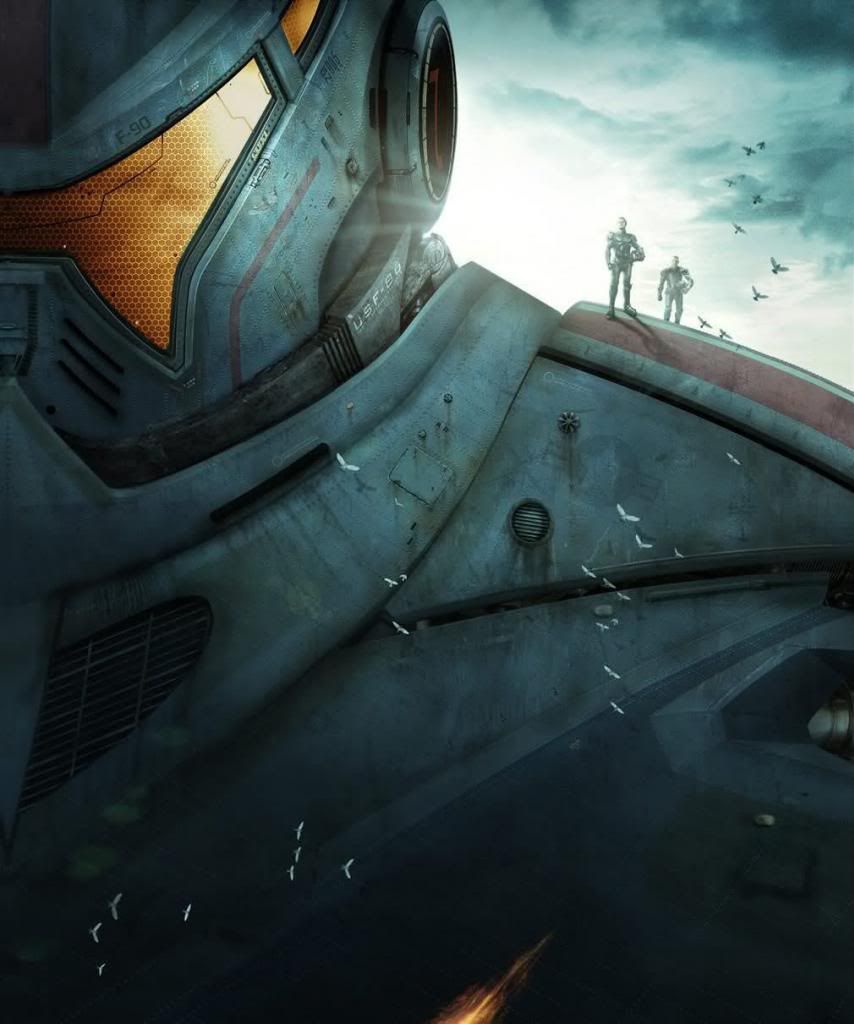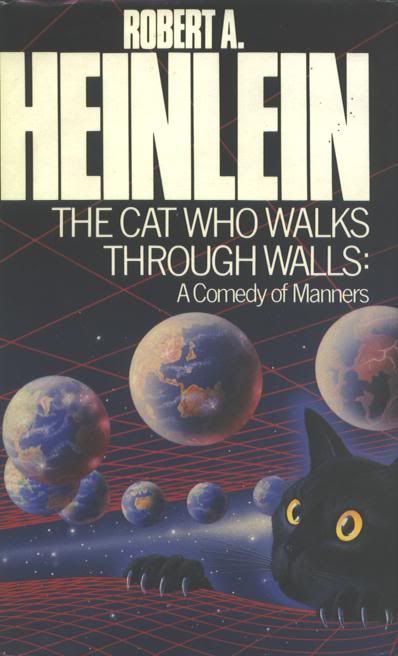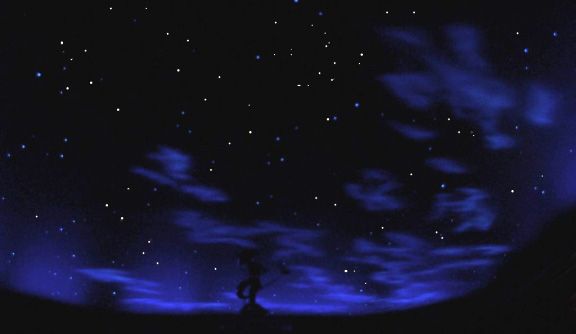
Since this week’s Flash Fiction Challenge was nothing but a title, I turned to my Brainstormer, which selected “Prey to misfortune”, “alien”, and “crossbow”.
As she came to, past the throbbing pain in her cranial cravity, she tried to assess her situtation. The crash had clearly ruined the environmental systems, given the hissing noise above her head. No klaxons were sounding, meaning the power core was intact. She gently pushed herself out of the gravity couch and looked around. The navigator was also coming around, holding his head in his upper left appendage and groaning softly.
“What in the name of Gvalix hit us?”
She clicked her mandible. “I have no idea. I was busy trying to keep us on course.”
“That course should have been free of hazards. Something definitely hit us.”
“You DO know that the cosmos is a vast and mostly empty space, correct?”
The navigator’s segmented eyes caught the flickering lights of the sputtering consoles. “If you’re trying to throw blame around, your Highness…”
“Stop…”
Both of them turned to where the third gravity couch should have been. Their view was mostly obscured by the collapsed section of hull that had all but crushed the engineer’s seat. She moved towards it, gripping the metal with all four sets of claws, but it barely budged. She was female. Her strength was superior. No male-made structure should be able to withstand her, and yet the hull did not move.
“I will get you out of there.”
The engineer shook his head. His abdomen was crushed beneath the wreckage, and green blood seeped through cracks in his thorax. She reached down and stroked between his antennae as he spoke.
“It is too late for me, Your Highness. What is important now is your survival. With the beacon active, a rescue party will be dispatched. You must… you must live.”
“As must you. All of my mother’s children are precious.”
A cough from the engineer spattered green ichor all over the wreckage and his thorax. He shook his head again. “You will make a fine… a fine Queen someday. But you must… must survive first. Take… take our treaty and… and…”
A final cough was the last sound the engineer made. She stood, turning to the navigator. He was wringing his claws and looking away. She turned and walked towards him, her wings twitching as she tried to hold down her own emotions.
“Listen to me. We still have a mission to complete. He wanted us to complete it, and that is what we are going to do. Do you understand?”
After a moment, the navigator looked up at her and nodded. “We were pupae together, your Highness. We haven’t been apart for cycles…”
“I understand. I helped raise both of you. But we cannot stay here.”
“Where will we go? We do not know where we can find the means to repair our ship. If it can be repaired…”
“One thing at a time, Navigator. First we have to determine where we actually are.”
They slowly picked their way aft to the airlock. Its seals were intact. The navigator’s claws activated the external scanners on the door.
“Largely a nitrogen atmosphere, my lady. A large proportion of oxygen, other trace gasses…”
“But we will be able to survive in it?”
“Yes. We should be prepared, however.”
“I agree.”
They entered the airlock, pulling out filter masks, translator rigs, and sidearms. The navigator triggered the outer hatch, and was the first to climb out of the ship. He reached back and helped her emerge.
“Thank you. I will take a look.”
It felt good for her to flex her wings after their long journey. It was night, and the wildlife was quiet. They seemed to be in a rather desolate place, with the lights of a city in the distance. She looked up at the stars, at the single moon high in the sky, and down at the crash site. Then, she returned to the navigator’s side. He was looking at a holographic display on a device he held in his lower claws.
“As far as I can tell, your Highness, we are halfway spinwards across the spiral arm. This is the third planet in the seventh star system of the Xafflid constellation. We suspected it could sustain life but had not yet sortied a scout mission. It is in the neutral zone between us and the Clusters of Bix…”
“So we were on course. I apologize for my tone.”
“And I for mine. You piloted very well to set us down as you did.”
One of her antannae twitched, picking up the vibrations of an incoming craft. She turned to the navigator.
“What do you make of it?”
“Crude. Rotating wing propulsion. Likely armed.” He was aleady reaching for his sidearm.
“No. We don’t want to appear threatening. These may be a primitive species, by our standards.”
The craft cleared the bluff near their crash site, bathing them with a harsh light. Over the din of the craft’s blades, she could make out words from one of the crew within.
“Roswell, this is Crossbow. Located the site. Unknown forces present, potentially hostile. Awaiting orders.”
She turned to her navigator.
“Back into the ship, your Highness?”
“No. If we can speak with them, they may be able to help us.”
The craft landed, and the occupants emerged. They were much smaller than either of the survivors, with soft exteriors of various colors under cloth uniforms, and each carried a magazine-fed projectile weapon. The navigator began to move to step between her and them, but she held out her right arms, preventing him. She flipped her translator rig to learning mode and scanned local transmissions. In moments, it had the information she needed.
“People of Earth.” The words felt strange in her mouth, oddly shaped and clipped in their pace. But she pressed on. “We come in peace!”
The humans looked at one another, then back at her. They slowly lowered their weapons.
“You need to come with us,” one of them said. “We will take you to our base. We’ll take care of you there.”

